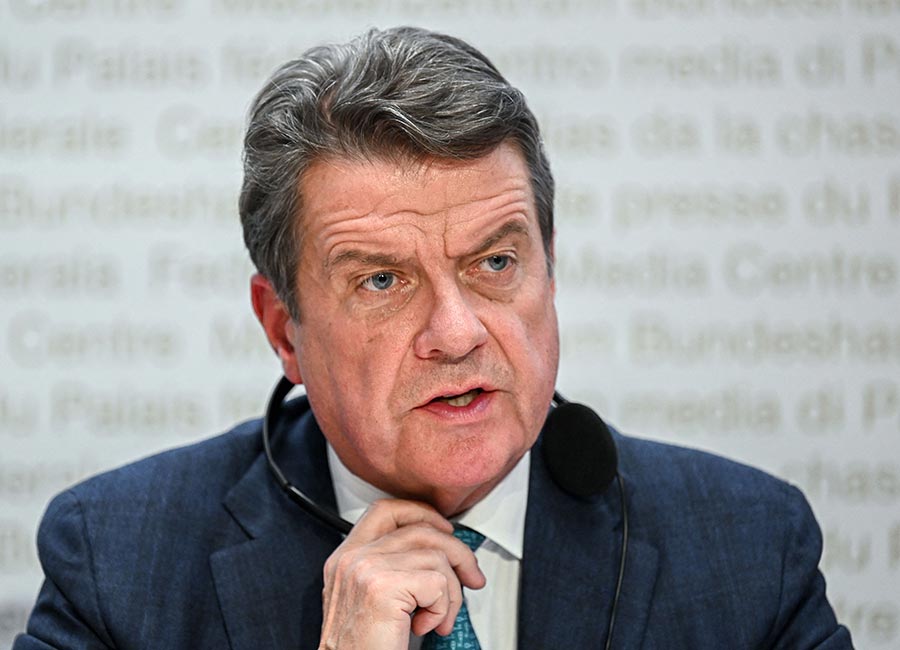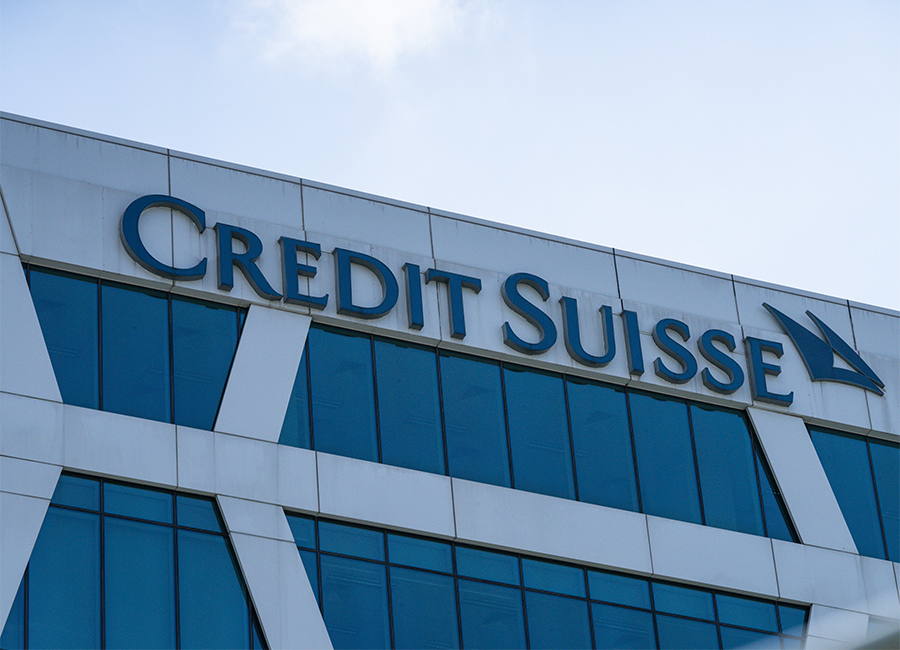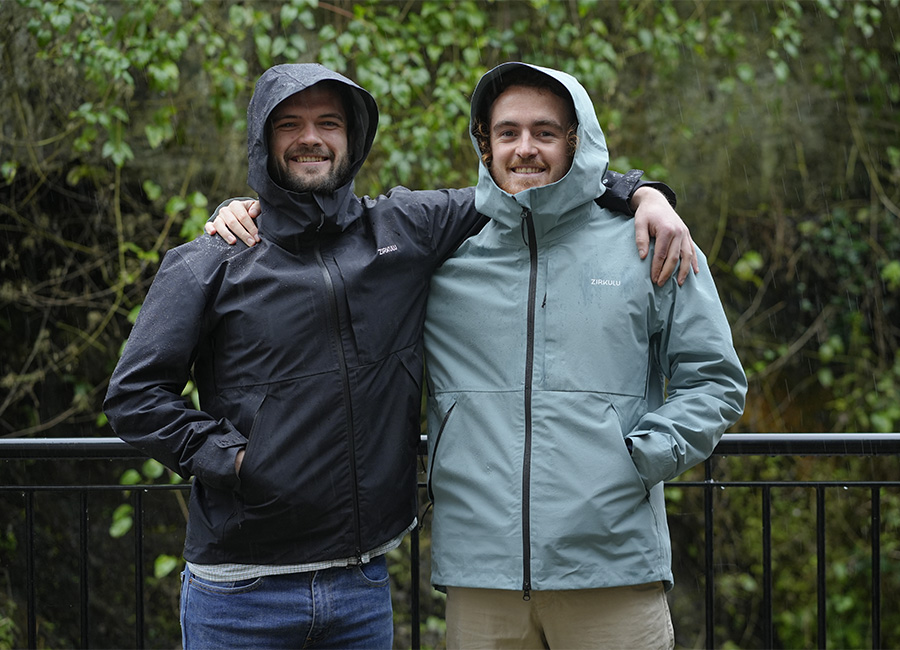The Irish Strategic Investment Fund (ISIF), which grew out of the National Pensions Reserve Fund (NPRF), was established in 2001 by finance minister Charlie McCreevy to take some heat out of the economy.
It was designed to supplement the public pension system with a cash allocation every year from the state of 1% of annual GNP.
The NPRF was made possible by the buoyancy in Ireland’s property market from the mid-1990s onwards. The Exchequer was awash with bonanza income taxes, VAT, stamp duty, excise duty, and capital taxes.
There was so much money sloshing around that governments were able to cut income tax rates, and increase public sector pay and social transfers, and still have a billion or two left over every year to park in the NPRF.
When the global capital spigot was turned off in 2008, ministers were so wedded to the NPRF that for a few years they borrowed money to pump into the Fund, even as the country was going broke, and the Troika was called in.
After the property crash, a large chunk of the Fund’s cash went to help bail out the banks, and in 2014, the NPRF morphed into ISIF.
Until then, the sovereign fund was directing its non-bailout cash into global equities, just like a regular pension fund. Finance minister Michael Noonan instructed ISIF to invest in Irish companies and infrastructure, which is what it does at the moment.
At the end of 2020, ISIF’s investments were valued at €12.5bn, of which €3.9bn related to capital still tied up in bailed-out banks. The discretionary portfolio nominally amounted to €10.1bn, though €1.5bn was side-lined for the latest Rainy Day Fund.
As of December 2020, the sovereign fund reports that its investment in Irish enterprises had a value of €3.2bn, with a further uncalled commitment of €1.2bn.
Much of this funding is channelled through venture capital and private equity companies, the idea being to leverage private capital with the taxpayer investment.

ISIF is also a player on its own account, investing directly in private enterprise. This focus was accelerated in May 2020, when ISIF established the Pandemic Stabilisation Recovery Fund.
In 2020, just on half the initial PSRF tranche of €400m was allocated to Aer Lingus (€150m) and Dublin Airport Authority (€30m) in Covid bailout debt funding. There was also €130m shared among VC and PE firms.
Private companies that benefited in 2020 from the PSRF included Finance Ireland (€17m), lighting company Urban Volt (€5m), Greystones Media Campus (€7m) and Shamrock Renewable Products (€11m), an SME biomass fuel venture that has been in development for over a decade.
Also funded by ISIF was Staycity, the holiday apartment operator, which sourced €20m in convertible loan notes from the Fund. Though the ISIF mandate is to support economic activity and employment in Ireland, in 2019 Staycity generated 85% of its sales in the UK and Europe.
According to ISIF, its company investments through the first half of 2021 included:
* €13m for existing investee Genesis, an aircraft leasing company.
* €20m debt facility for Fexco, the payment and finance company.
* €42m for Stripe, possibly related to the payment company’s decision to ramp up employment in Ireland.
* €15m for Ocuco, which provides software to the eyecare industry.
* €3m for AMCS, which develops technology for the waste industry.
* €3m for cybersecurity venture Vectra, also a follow-on investment.

ISIF’s annual report for 2020 lists pre-2020 commitments to Swrve Mobile (€20m), AMCS (€46m), Finance Ireland (€45m), Panelto Foods (€14m), Cubic Telecom (€10m), Barings Aviation (€50m), Genuity Science (€66m), Green Isle/Donegal Catch (€11m), ATA (€15m) and West Cork Distillers (€15m),
Future ISIF commitments will have a greener hue. In September 2021, the sovereign fund announced plans to invest €1bn in climate action projects over the next five years.
ISIF director Nick Ashmore said the fund will favour projects linked to energy efficiency (storing energy generated from wind and solar); renewable (wind and solar power generation); forestry investments; and promoting improved transport, waste and other technologies.
“Our society needs better ways to sustain our natural environment and the climate we depend on,” said Ashmore. “These changes need entrepreneurs to develop the right ideas and investors to provide the capital. ISIF is in a unique position to drive this investment.”










